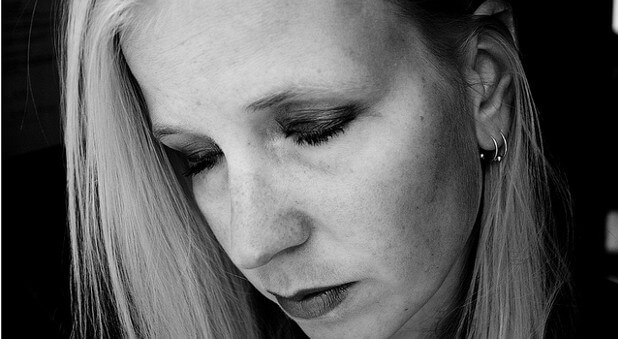I can appreciate a good cliché. Phrases like “The early bird catches the worm,” or “People in glass houses shouldn’t throw stones,” are effective, although they are overused and have lost power. At one time, that was very good writing. We just said it too much, wrote it too much, thought it too much and it became trite. So now those kinds of phrases are off limits for any serious communicator.
Still, when people ask what it looks like to be a hope hunter, I keep coming back to the same clichés. And it may help for me to define a hope hunter by using them. First, let me tell you what a hope hunter is not.
A hope hunter is not just an optimist.
An optimist relates to clichés such as “Every cloud has a silver lining” or “Just see the glass as half-full instead of half-empty.” A hope hunter admits that sometimes the silver lining in a cloud is actually lightning and sometimes the glass is just empty. But they keep going with what they’ve got. An optimist says, “This isn’t that bad!” A hope hunter says, “This is that bad. Now what are we going to do about it?”
My favorite cliché is “You can’t make a silk purse out of a sow’s ear.” But a hope hunter flips that. A hope hunter says, “Oh, this situation is bad, all right. But, with God, you can make a silk purse out of a sow’s ear. He can use anything in your life to bring about good.”
A couple of years ago, a friend contacted me, asking me to pray with her about her husband, who had abandoned their family and had become addicted to drugs. When I agreed to meet her for one prayer, I had no idea we were beginning a two-year journey of chasing after God’s heart together. She was in in a hopeless situation. There was no way I could tell her to “look on the bright side.” There was no silver lining in her clouds. So I told her the only thing I knew to tell her: If we look for God in this situation, we will find Him. But there is work to be done in the process.
My friend wanted her husband back, I wanted my friend back, and neither one of us were willing to let him go without storming the gates of heaven like hope hunters on his behalf.
One night we were inspired by the story of the Israelites walking around the city of Jericho, and we actually drove to the dingy motel where he was staying and drove around and around it, declaring his true identity as a man of God. That was one physical act of hope hunting we pursued. But there were more. Every day for two years, we prayed simple prayers, walking around the walls of abandonment and addiction in the spirit, in expectation that those walls would fall. My friend’s desperate situation did not change instantly, but because we continued to do the work of praying around those walls, asking—expecting—God to tear them down, we were changed. And, in time, so was her difficulty.














































